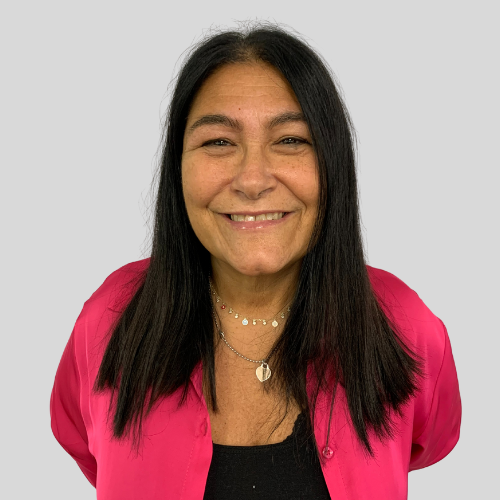
Written by:

Medically Reviewed by:
Last Updated:
October 9th, 2025
Rehab programme
Effective rehab programmes combine a diverse range of evidence-based treatment methods to address the root causes of addiction. Oasis Bradford offers comprehensive rehab programmes incorporating various addiction counselling modalities. Our holistic approach integrates mind-body therapies alongside traditional individual and group therapies, providing a well-rounded treatment that nurtures your entire being and fosters lasting transformation. Although the rehab journey may present challenges, it opens the door to a fulfilling life of sobriety, free from the grips of drug or alcohol abuse.
What addiction treatment therapies can be found at Oasis Bradford?
People respond to therapy differently, which is why, at Oasis Bradford, we have a comprehensive rehab programme incorporating varying therapies throughout treatment, giving everyone the best opportunity to find the best approach for overcoming their addiction and beginning a substance-free life.
Examples of the therapies used with rehab treatment at Oasis Bradford include:
Traditional therapies
Humanistic therapy
Focuses on self-growth, personal development, and individual potential.
Individual therapy
One-on-one sessions addressing personal issues and emotional challenges.
Psychodynamic therapy
Explores unconscious thoughts and past experiences to resolve present issues.
Trauma therapy
Aims to heal emotional wounds from traumatic events and improve mental health.
Family Therapy
Involves family members to resolve conflicts and improve communication.
Strengths Model
Focuses on identifying and using individual strengths for personal growth.
Psychotherapy
General therapy addressing emotional, mental, and behavioral challenges.
Holistic therapies
Holistic therapy
Integrates mind, body, and spirit for overall well-being and healing.
Meditation
A practice promoting relaxation, focus, and mindfulness for emotional balance.
Mindfulness therapy
Uses mindfulness to reduce stress and improve emotional awareness.
Yoga therapy
Combines yoga poses and mindfulness to enhance mental and physical well-being.
Auricular acupuncture
Uses ear points to relieve stress, pain, and addiction symptoms.
Art therapy
Utilizes creative expression to process emotions and improve mental health.
Physical health
Sound therapy using gongs to promote relaxation and balance energy.
How do rehab programmes work?
Rehab programmes are structured treatment plans that help individuals overcome addiction and recover. While specific programme details may vary, here is a general overview of how rehab programmes typically work at Oasis Bradford:
- Assessment and intake: The first step in a rehab programme is an initial assessment to evaluate the individual’s needs and determine the most appropriate course of treatment. This may involve physical and mental health evaluations, substance abuse history, and personal circumstances.
- Detoxification: For individuals with substance dependencies, the detox phase aims to safely manage withdrawal symptoms as the body eliminates the harmful substances. Medical supervision and support may be provided to ensure the process is as comfortable and safe as possible.
- Therapy and counselling: Oasis Bradford offers various forms of therapy and counselling to address the underlying causes of addiction and promote recovery.
- Education and skill-building: We aim to provide individuals with information about addiction, relapse prevention, and healthier coping mechanisms. Skills learnt throughout rehab treatments enable individuals to develop life skills, improve communication, and enhance problem-solving abilities, all contributing to long-term recovery.
- Holistic approaches: We incorporate many holistic approaches throughout treatment, aiming to address physical, emotional, and spiritual aspects of recovery.
- Aftercare: We emphasise the importance of aftercare to support individuals as they transition back to their daily lives. This can include online group therapy and membership in our alumni network, providing expert support and fostering a supportive community.
It’s important to acknowledge that varying factors can influence the course of an individual’s rehab programme. The duration of the rehab plan, the severity of their addiction, and the type of substance involved are all important considerations. These factors can impact the efficacy of the rehab programme and the timeline for recovery.
Rehab programmes offered at Oasis Bradford
Nutrition for addiction treatment
Focuses on a healthy diet to support addiction recovery.
Family support programme
Uses rhythmic drumming to promote relaxation and emotional expression.
Rehab Fitness Programme
Combines physical fitness with recovery to improve well-being.
Getting started on your recovery journey
If you or someone close to you is facing addiction to alcohol or drugs and needs more information about our rehab programmes, our admissions team is here to help you with empathy and understanding. We understand how difficult it can be to take the first step towards sobriety and healing, but we are here to guide and support you every step of the way. Don’t hesitate to contact us today to start your journey towards recovery.





























